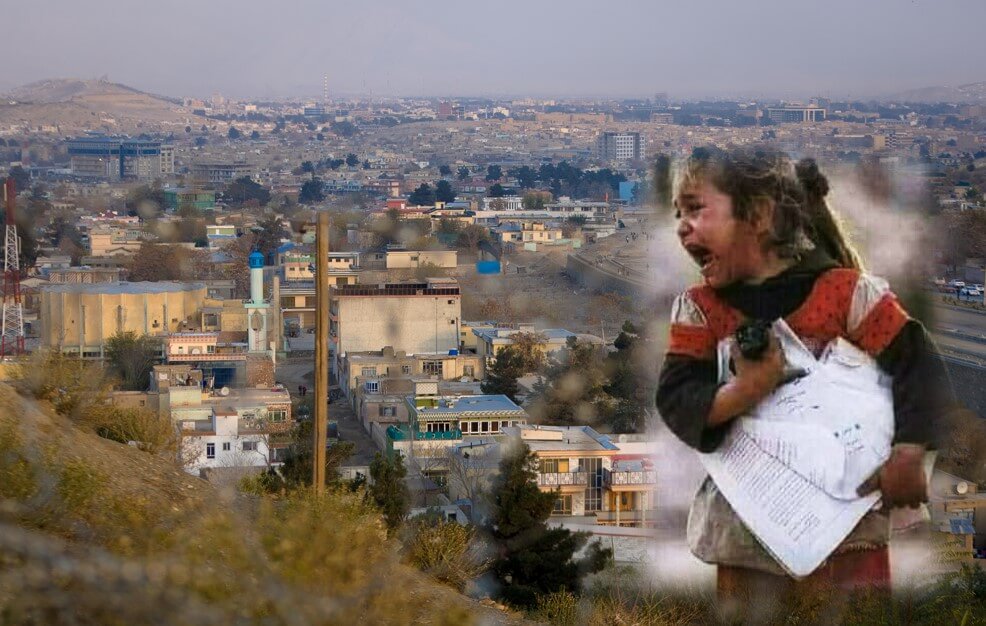
Pakistan’s Taliban Tangle
Thu, 13 May 2021 | Reading Time: 7 minutes

Pakistan’s Taliban Tangle
The announcement of the complete withdrawal of US troops from Afghanistan by September 11, 2021, has led to a flurry of activity on not just the political and diplomatic front to start political negotiations and strike some kind of a peace deal, but also on the military front with a huge spike in attacks and counter-attacks. The Taliban have already launched a massive offensive in Helmand which was repulsed by the Afghan National Army (ANA) with some air support from the withdrawing Americans. Terror attacks have also increased and are targeting civilians in ever larger numbers. The attack on the girls’ school in Kabul, specifically targeting minority Shia Hazaras is only the latest in such outrageous attacks. Although the Taliban have announced a three day ceasefire on occasion of Eid, there isn’t much optimism that this ceasefire could be extended longer, paving the way for negotiations for a political settlement in the country.
Frankly, the pessimism surrounding the possibility of a negotiated solution is rooted in realism. After all, why would the Taliban, who think they are on the verge of winning the war, agree to a power sharing agreement when they can have it all? That this might be a miscalculation on part of the Taliban is not something the Taliban are going to accept at this stage of the war. All the talk of Afghanistan descending into civil war in which the Afghan state, warlords, Taliban and perhaps other terror groups like ISKP will be fighting one another and reducing the country into rubble could well prove to be correct. But the Taliban seem to believe that if they can force out the mightiest military force in the world, then it won’t take much for them to get rid of the any military opposition they might have to confront inside Afghanistan after the US withdrawal is complete.
The Taliban intransigence is being seen by people in the Afghan government as something that will rob the Taliban of all legitimacy and work against them. This might well be true. The only problem is that the Taliban are not exactly looking to win a popularity contest, much less a popular vote. They want to establish their Emirate and those who don’t like it, can lump it. This creates a dilemma for Pakistan which for 20 years has nurtured, protected, supported, supplied, guided, and directed the Taliban war effort.
The dilemma for the Pakistanis is multi-fold. At one level, having done everything to aid the Taliban war effort, Pakistan cannot afford to be seen pulling back their support to the medieval monsters just when they are on the cusp of victory. The Pakistanis aren’t entirely averse to a power sharing agreement between the Taliban and the Afghan government. The way they see it, the Taliban will not just get a Lion’s share in such an arrangement but more importantly will slide into power without all the mess that prolonged fighting will bring with it. The old Arab proverb of the Camel putting its nose in the tent is how the Pakistanis think the power sharing arrangement will play out. This way the Pakistanis get the Taliban into the driving seat and also increase their leverages in Afghanistan and win accolades of the West.
The problem is that the Taliban wouldn’t be the Taliban if they agreed to a power sharing arrangement. The Taliban’s aversion to such an arrangement is also because it implicitly mandates accepting the Afghan constitution and everything that comes with it. And if the transition is to be followed by new elections, then that is simply unacceptable to Taliban. They know they don’t stand a chance in any election and there is no way they will lose to the ballot box what they have won on the battlefield. Given the Taliban reluctance to agree to power sharing, the question is how much can the Pakistanis push them in that direction without jeopardising their investment in and influence on the Taliban.
At another level, Pakistan fears the prospect of Afghanistan’s descent into chaos if civil war escalates. It will create a nightmarish situation for Pakistan what with different countries once again backing one or the other protagonists, an exodus of people escaping the violence seeking refuge in Pakistan, the economic and security burden that such an event will impose on a Pakistan economy which is already on the ropes, and of course the unpalatable prospect of seeing Pakistan’s strategic designs linked to Afghanistan – CPEC, an Iran-Pakistan-China-Russia alliance, and what have you – going up in smoke. Adding to Pakistan’s dilemma is the strong possibility that if the Taliban manage to take over Afghanistan or even if there is a bloody civil war, it will cause further complications in Pakistan’s relations with the West, especially the US, especially if sanctions are imposed on Taliban and anyone who assists them – read Pakistan.
The Pakistan of 2020s is not the Pakistan of the 1990s which still had a fairly strong relationship with the US and an economy that still was somewhat viable. That situation no longer obtains. What is more, the sort of compulsions the US had and its dependence on Pakistan when its troops were present in Afghanistan will no longer be a constraining factor in tightening the screws on Pakistan. The Pakistanis know their vulnerabilities. They also understand the limitations of putting all the eggs in the Chinese basket. It is one thing to go ballistic in praising the ‘all weather relationship’ with its ‘iron brother’, quite another to be in a vice-like grip of that ‘brother’. Over the last few years, Pakistan has been trying to re-balance its relations with China on one side and the US-led West on the other. At the very minimum, it would like a functional relationship with the Americans – trade, aid, education etc. All this could come unstuck if things in Afghanistan go south, and worse, if the Americans blame Pakistan for whatever happens next in Afghanistan.
What the Pakistanis are trying to do is what they always do when caught in such dilemmas. Beyond a point, they won’t rein in the Taliban. At the same time however the Pakistanis are planting stories through pliable journalists claiming that the Taliban had been warned that if they don’t show flexibility, they will have to face consequences. The same story also claimed that the Taliban were told “enough is enough”. Parallelly, the Pakistan foreign office has been parroting the tired, old lies that Pakistan has no control over the Taliban. The former story is to reach out to the West and convince it of its bonafides, while the latter statement is to stick to the alibi in case the Americans decide to breathe down Pakistan’s neck. This way, the Pakistanis hope, they will be able to avoid any adverse consequences of the Taliban remaining adamant on a military solution, while at the same time not doing anything to hinder or halt the Taliban from imposing a military solution. The Pakistanis are also banking on the Americans not taking any precipitate action against them. After all, a nuclear Pakistan in which the Islamists could run amok is too dangerous to fail.
A top US general has already expressed the view that Pakistan will face a huge blowback of terrorism and extremism if the Taliban capture power in Afghanistan. This statement will have a different meaning for different people. There are those who will see it as a sign that the US may abandon Afghanistan but will never abandon Pakistan because of the fear of an Islamist takeover. In other words, the US will remain invested in Pakistan, something that suits it just fine. Already some US lawmakers have introduced the Reconstruction Opportunity Zones legislation in Congress to generate economy activity in the Afpak region. Conversely, there are those who will see it as a warning to Pakistan to clean up its act or be ready to face the consequences of having supported the Taliban.
While the Americans are expressing concern over the imminent possibility of radical Islamists running amok in Afpak region, the Pakistanis will encourage them to keep thinking along these lines. In fact, Pakistanis will do everything to wave the Islamist threat in the face of not just the gullible Americans but also the equally gullible Indians. But while the Pakistanis will pretend they are concerned about a Taliban takeover, and will make statements about how they don’t want the Taliban in power, the fact of the matter is that the Pakistanis think they have worked out and gamed all possible fallouts of the Taliban coming into power, at least in terms of Afghanistan becoming a security nightmare. The Pakistanis believe that they have their loyalists in crucial positions in the Taliban rank and file and these assets – Haqqani Network for instance – can be activated in case things start going awry.
But there are others in Pakistan who are genuinely concerned because Pakistan’s military establishment has a terrible track record of making miscalculations. They point to the fact that the Taliban have no love lost for Pakistan, especially given the heavy handed treatment some of the top Taliban leaders and their families received at the hand of the Pakistani security agencies. They also point to the symbiotic and organic relationship between the Afghan and Pakistani Taliban, the latter being almost an appendage of the former, one that can be a big leverage over Pakistan in case it gets the wrong ideas. Whatever else anyone says about the Taliban, what is undeniable is that they are nobody’s fools. They have proved themselves to be formidable negotiators – they outclassed the chief US negotiator Zalmay Khalilzad and got him to sign a deal in which Taliban got everything in exchange for giving virtually nothing. Therefore, the sensible and thinking lot of Pakistanis aren’t very sanguine of what awaits their country in case it continues to back the Taliban the way it is still doing.
The bottom line is that Pakistan is neither in a position to push the Taliban too hard, nor in a position to control the fallout of a Taliban victory which backfires. And that is the thing about Afghanistan: no foreign force which gets deeply enmeshed or involved in that country ends up winner. It is unlikely to end any different for Pakistan.
Author

Sushant Sareen is Senior Fellow, Observer Research Foundation. He is an expert on Pakistan and Terrorism, his published works include Balochistan: Forgotten War, Forsaken People (2017), Corridor Calculus: China-Pakistan Economic Corridor & China’s Comprador model of investment in Pakistan (2016).
Disclaimer
The opinions expressed in this article are the author’s own and do not reflect the views of Chanakya Forum. All information provided in this article including timeliness, completeness, accuracy, suitability or validity of information referenced therein, is the sole responsibility of the author. www.chanakyaforum.com does not assume any responsibility for the same.
Chanakya Forum is now on . Click here to join our channel (@ChanakyaForum) and stay updated with the latest headlines and articles.
Important
We work round the clock to bring you the finest articles and updates from around the world. There is a team that works tirelessly to ensure that you have a seamless reading experience. But all this costs money. Please support us so that we keep doing what we do best. Happy Reading
Support Us




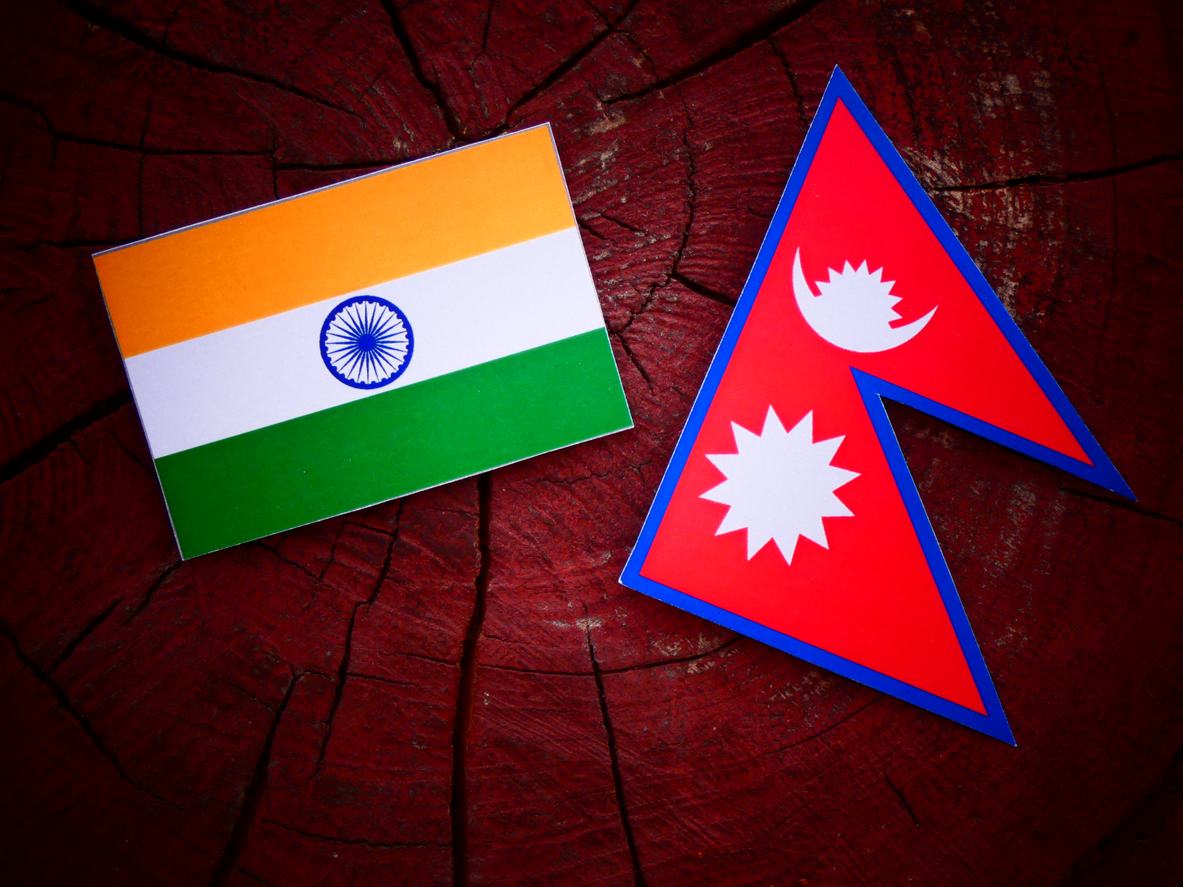
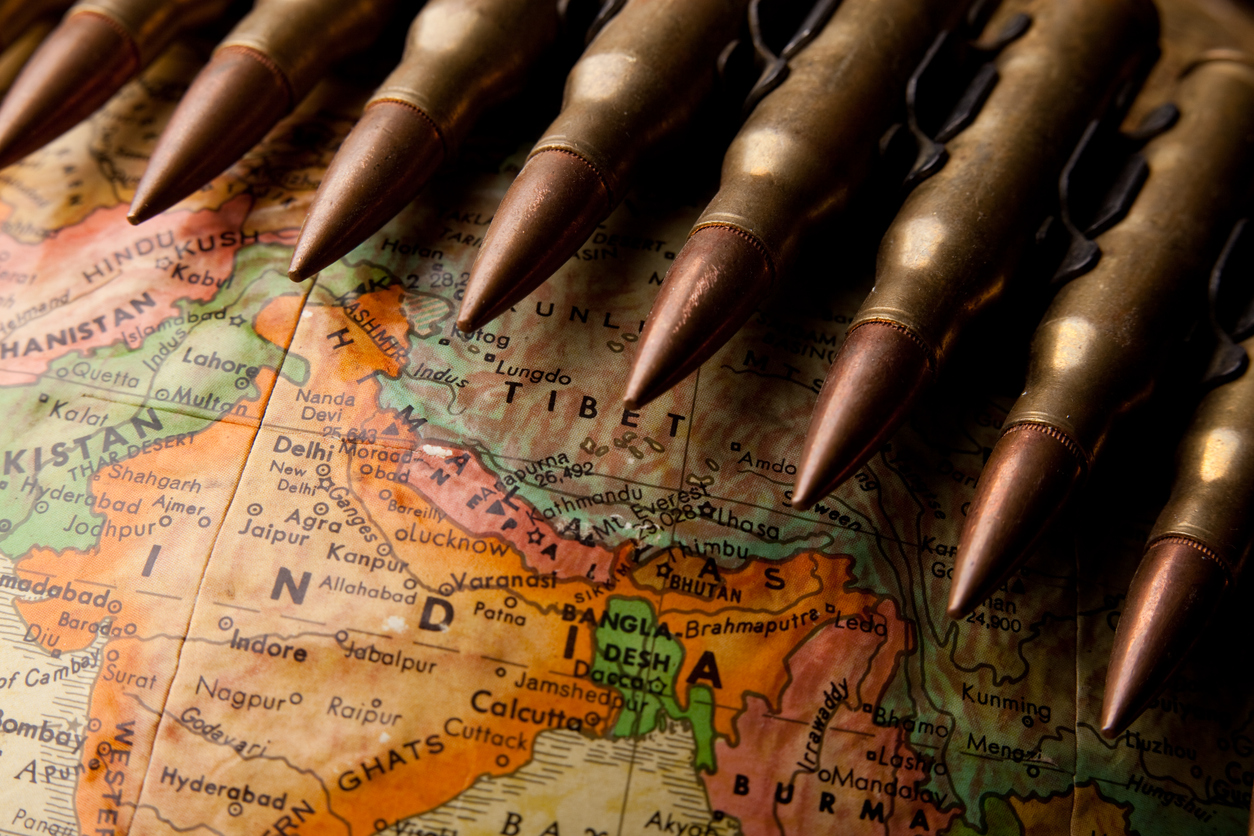
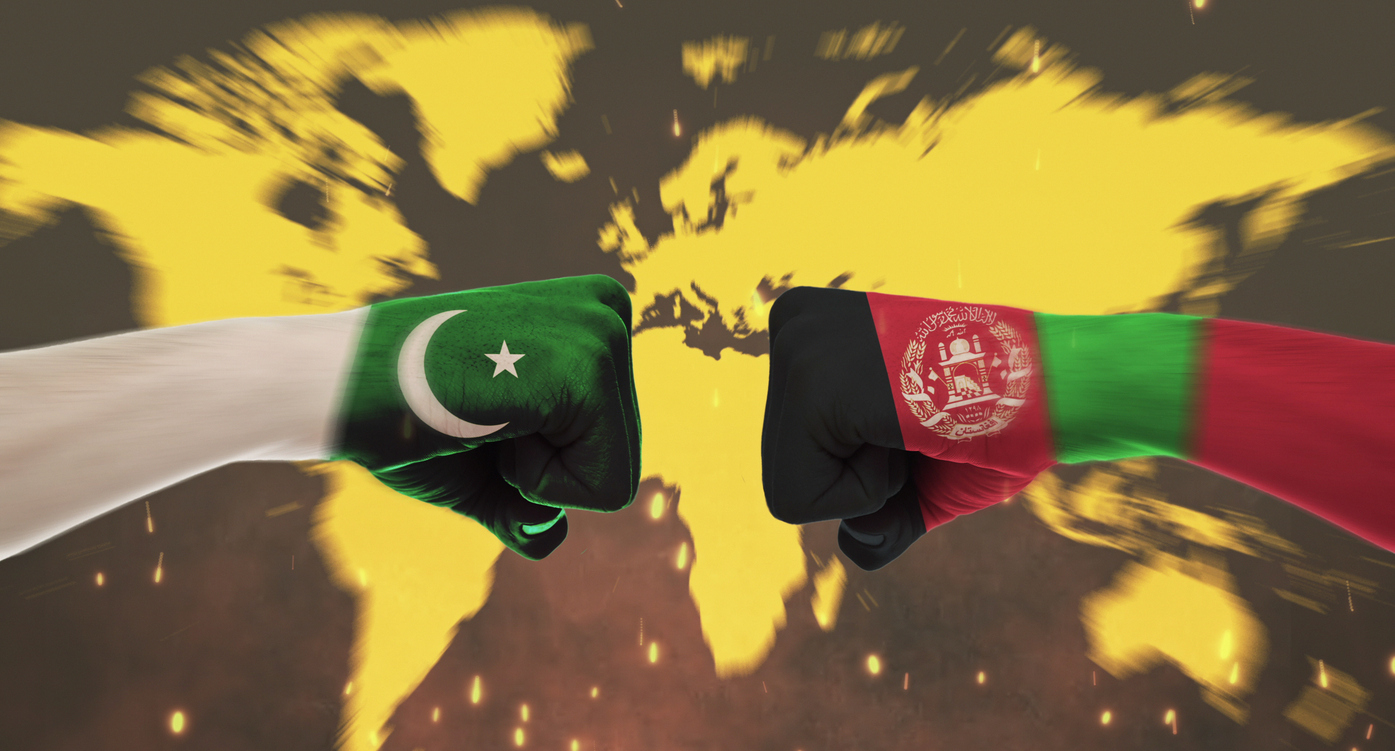
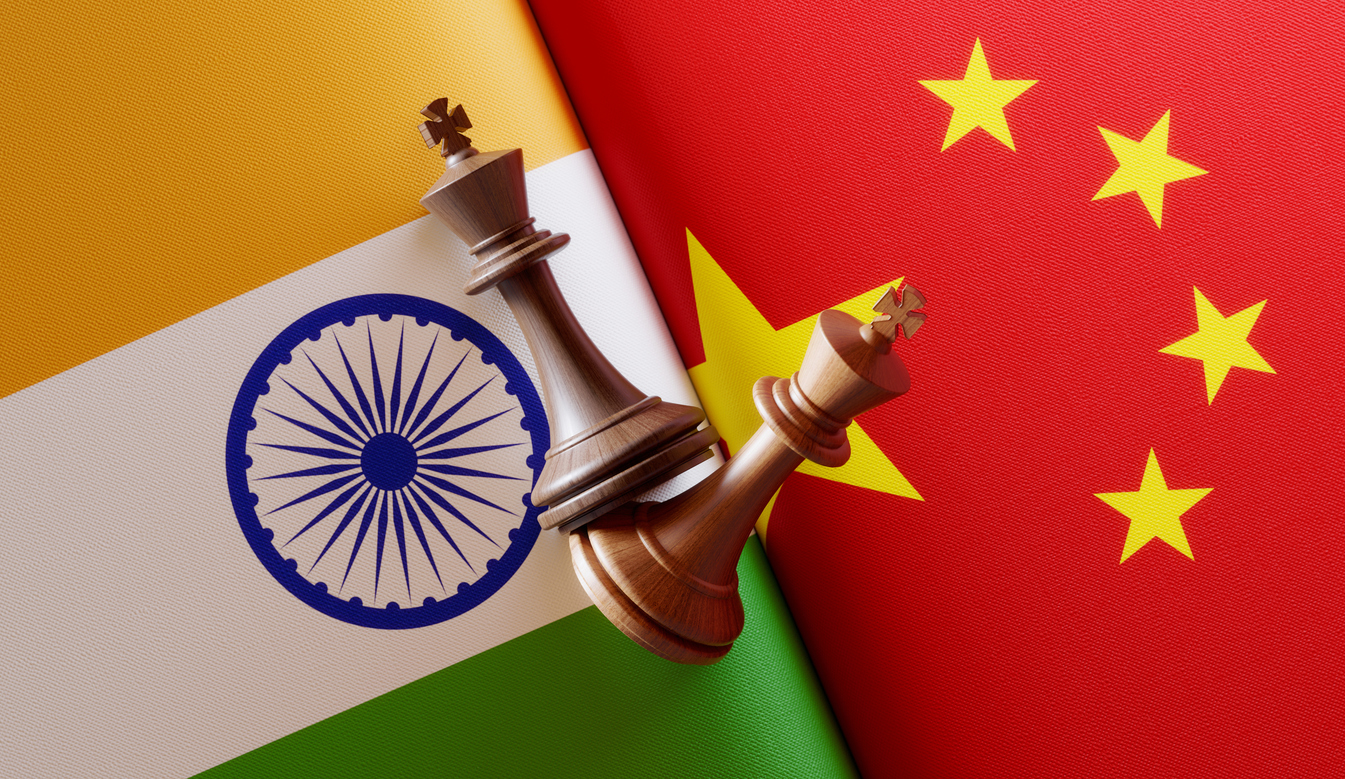
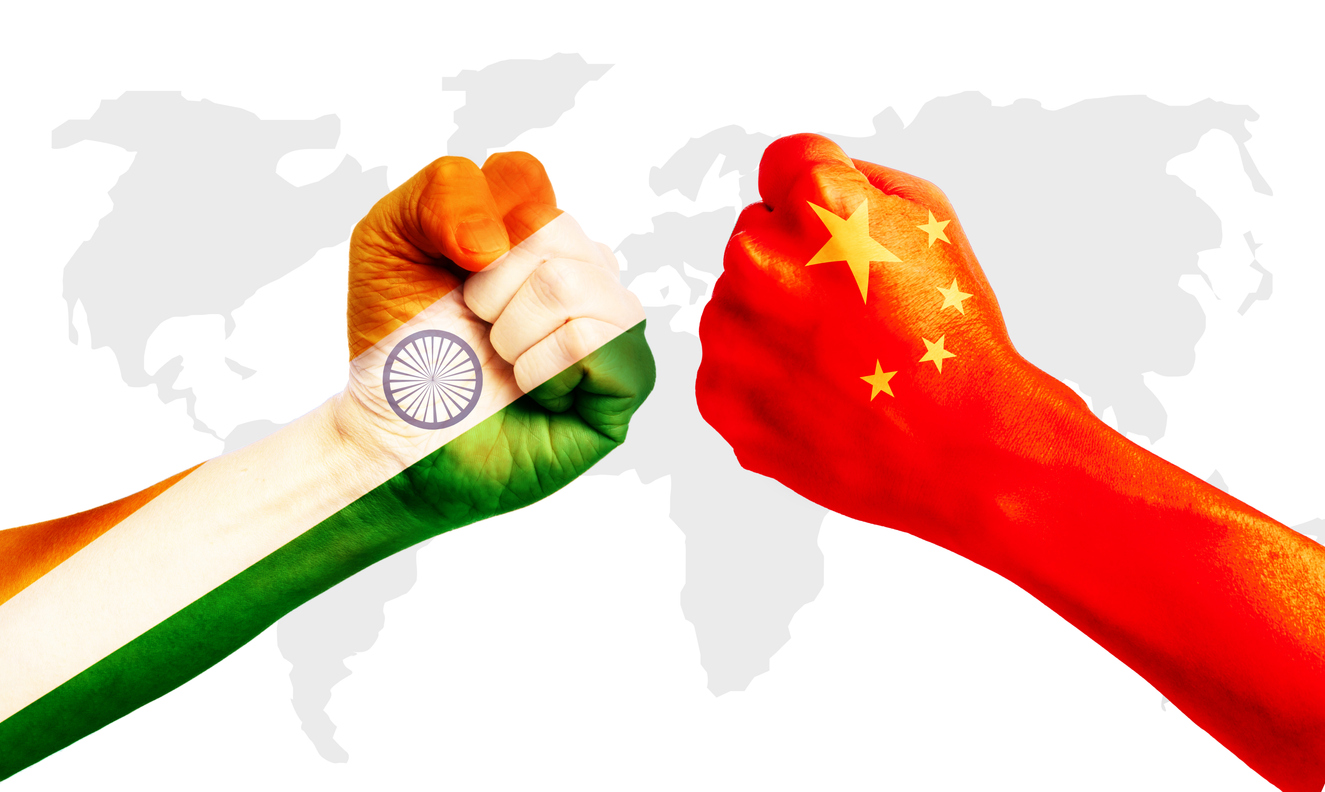
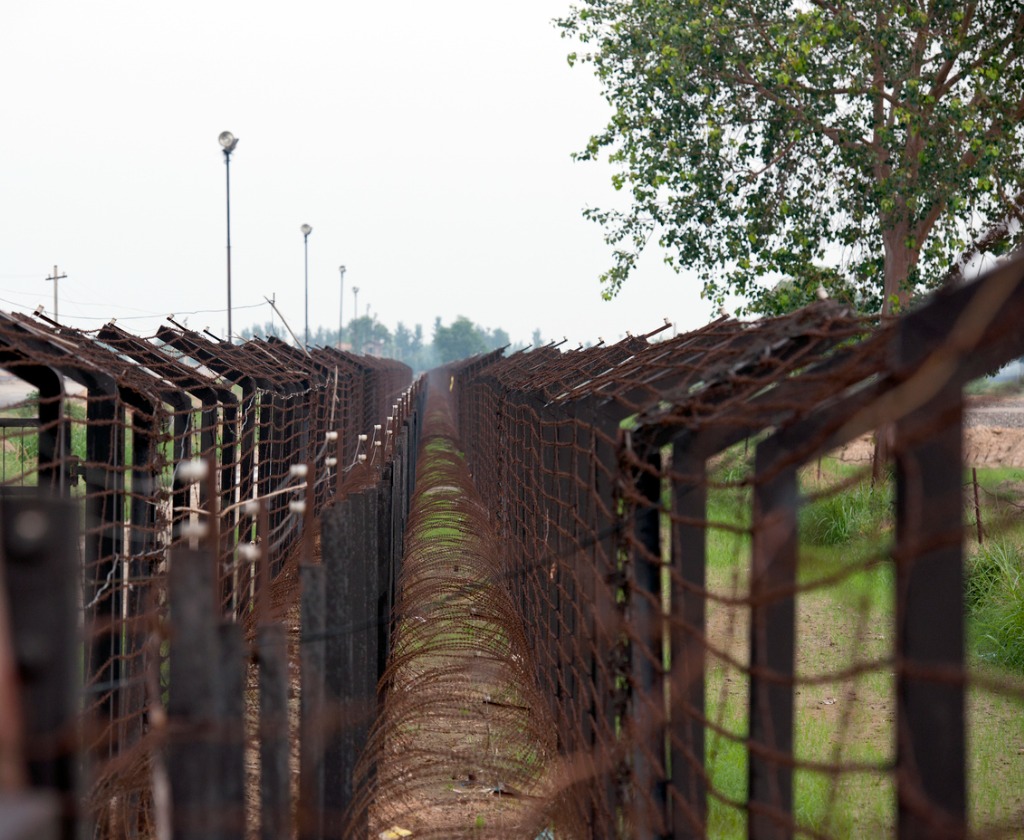
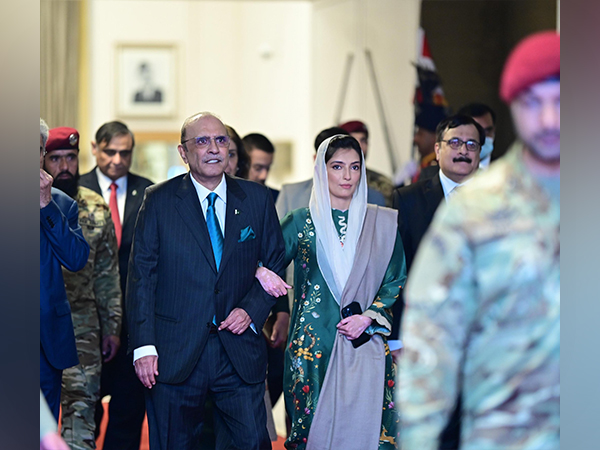
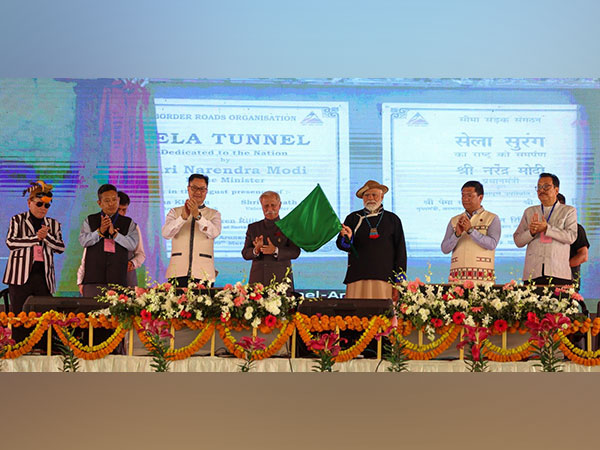
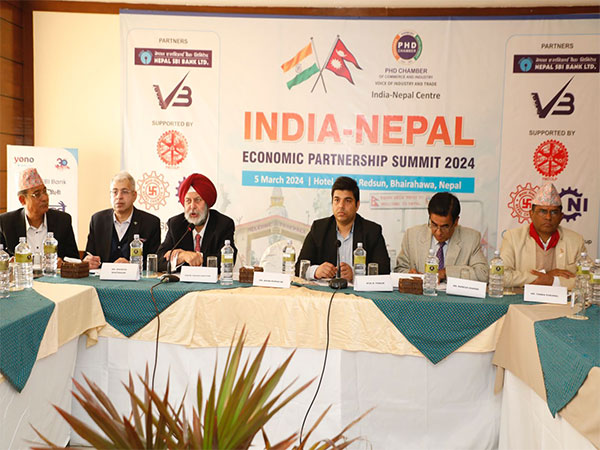
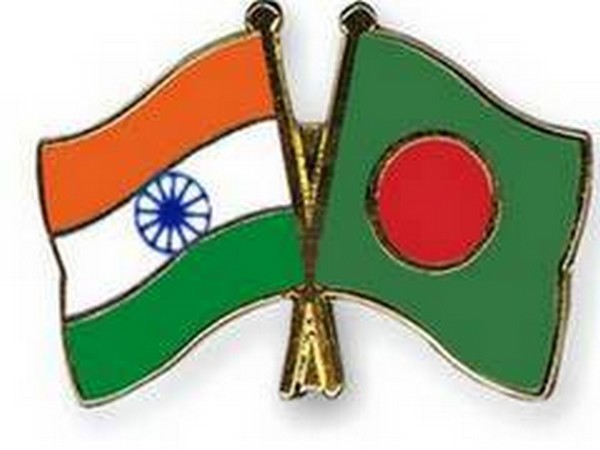






POST COMMENTS (0)